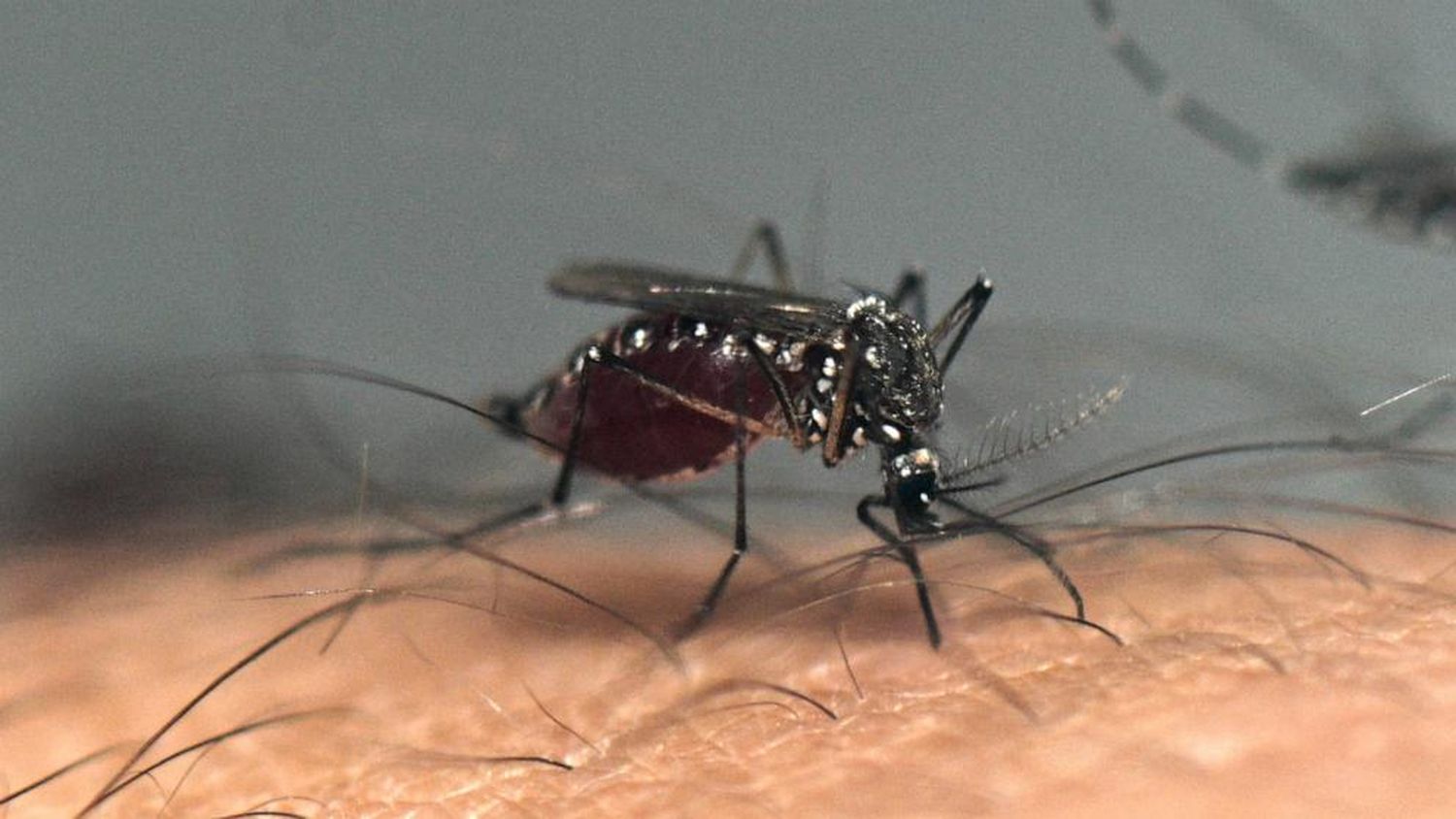World Health
Dengue fever outbreak in Puerto Rico creates public health emergency
Puerto Rico is currently grappling with a significant public health emergency due to a sharp rise in dengue fever cases. The outbreak has prompted the Puerto Rico Department of Health to declare a public health emergency, as the number of cases reported so far this year has already surpassed the total number of cases in the previous year.
Dengue fever, a mosquito-borne viral infection, has been a persistent health concern in tropical and subtropical regions around the world. In Puerto Rico, the disease is transmitted primarily by the Aedes aegypti mosquito, which thrives in the island's climate. The outbreak has been particularly concentrated in the capital city of San Juan, where the majority of cases have been reported.
The symptoms of dengue fever can range from mild to severe and typically include high fever, severe headache, joint and muscle pain, rash, and nausea. While most people recover within a week, severe cases can lead to life-threatening complications such as shock, internal bleeding, and even death. The Centers for Disease Control and Prevention (CDC) estimates that about one in four people infected with dengue will show symptoms, and about one in 20 will develop severe illness.
The current outbreak in Puerto Rico is alarming, with at least 549 cases reported since the start of the year, and more than 340 people hospitalized. This represents a 140% increase in cases from January 1 to March 21 compared to the same period last year. The situation is exacerbated by the fact that there is no specific antiviral treatment for dengue, and medical care is primarily supportive.
Health officials have been working tirelessly to control the spread of the virus. Efforts include enhancing surveillance, laboratory testing, vector control, and public education on prevention measures. The public is urged to use insect repellent, wear protective clothing, and eliminate potential mosquito breeding sites by removing standing water from containers such as flower pots and buckets.
The outbreak has also highlighted the importance of the dengue vaccine, which is currently approved for children aged 9 to 16 who have had a previous dengue infection and live in areas where dengue is endemic. However, the vaccine is not without its challenges. It is only recommended for those who have been previously infected with the virus, as it may increase the risk of severe dengue in those who have not been exposed before.
The situation in Puerto Rico is part of a larger trend in the Americas, where dengue cases have been on the rise. Factors contributing to the increase include higher rainfall, humidity, and temperatures linked to climate change, which create ideal breeding conditions for mosquitoes. The World Health Organization (WHO) has reported that nearly 80% of the world's 5 million annual dengue cases occur in the Western Hemisphere.
The declaration of a public health emergency is a critical step in mobilizing resources and coordinating efforts to combat the outbreak. It allows for the implementation of an integrated plan for prevention and control, including the expansion of response measures to curb the spread of the virus.
As Puerto Rico faces this public health challenge, the global community is reminded of the ongoing threat posed by vector-borne diseases and the need for sustained efforts to prevent outbreaks. The current situation underscores the importance of continued research, surveillance, and collaboration among health authorities to protect public health and prevent future epidemics.

